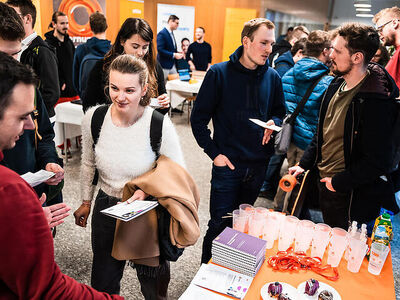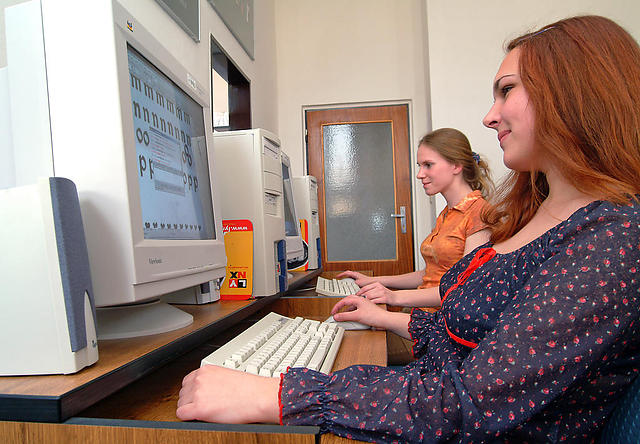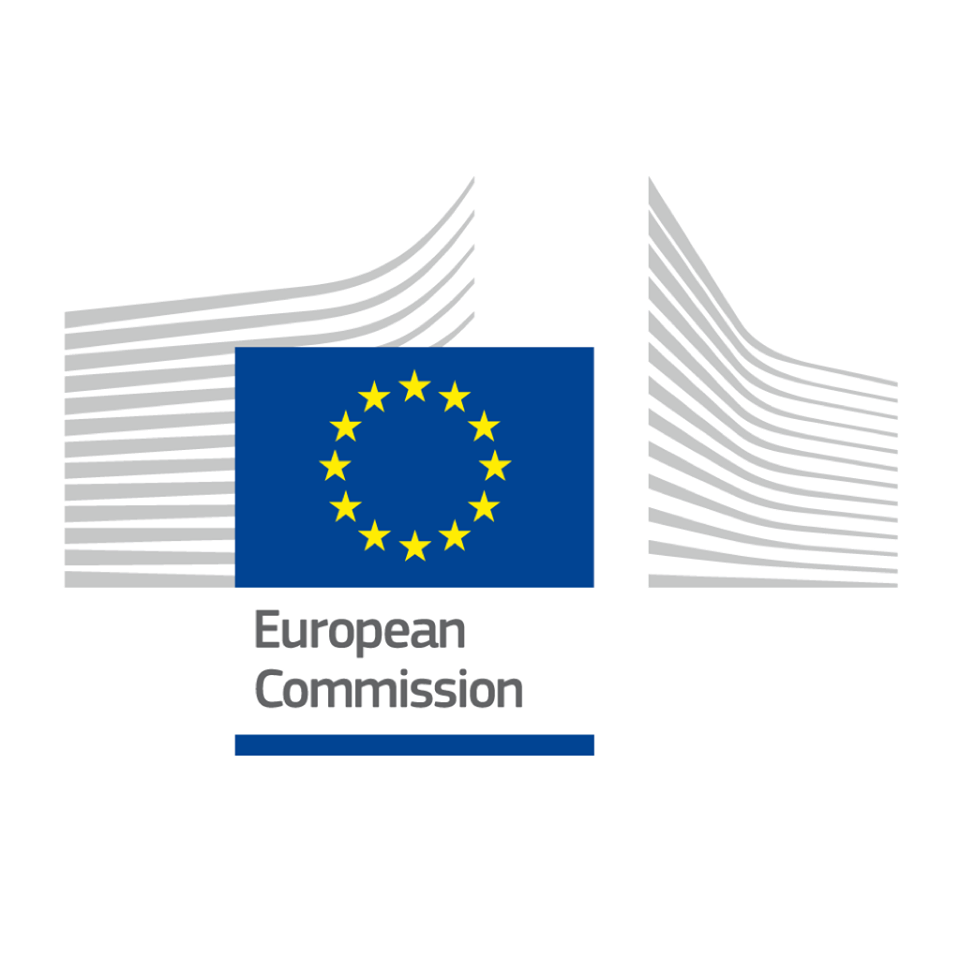Promoting Gender Equality at Masaryk University
Masaryk University (MU) implements a variety of measures to promote gender equality as part of the University's strategic commitment to the principles of transparency, equality and accountability, while at the same time balancing the work and personal lives of all its employees and students. MU fulfils this commitment at the level of individual faculties and institutes and through the activities of the University as a whole.
The framework for the development and implementation of effective measures to achieve the objectives in the priority areas of gender equality at MU and within MU units is contained in the
MU Gender Equality Plan 2025-2028. The measures of the MU Gender Equality Plan 2025-2028 are proposed on the basis of the results and recommendations of gender audits conducted by MU units in 2024. These findings were supported by content analysis of documents, analysis of statistical data, results from questionnaire surveys, group discussions, individual and group interviews.

The priority areas of the MU Gender Equality Plan 2025-2028 are:
- Transforming the internal culture of the organisation
- Gender balance in leadership and decision-making
- Combining work and parenthood
- Recruitment, selection and promotion
- Measures against sexual harassment and other forms of gender-based violence
- Integrating the gender dimension into the content of research and innovation
- Collection and monitoring of gender-differentiated data
- Allocation of human and financial resources to address gender equality issues
The previous
MU Gender Equality Plan 2022-2024 can be downloaded
HERE.
To support MU's gender equality efforts, the
MU
Gender Equality at MU
website was launched in early 2025.
Promoting Gender Equality at MU Faculty of Informatics
FI has the ambition to be an open, communicative, safe, respectful, and friendly environment focused on the priorities and needs of its male and female employees, which respects the principles of equality and supports male and female employees in achieving their professional goals with regard to work-life balance.
Goals and measures related to gender equality of female and male FI employees are included in the
FI Gender Equality Plan 2024-2028, which was developed on the basis of the outcomes and recommendations of the gender audit conducted by FI from April to September 2024 together with external experts from the NORA Gender Information Centre with methodological support from the MU Rector's Office. The FI Gender Equality Plan is structured into 7 priority areas, identical to the MU Gender Equality Plan 2025-2028.
The priority areas of the FI Gender Equality Plan 2024-2028 are:
- Transforming the internal culture of the organisation
- Gender balance in leadership and decision-making
- Combining work and parenthood
- Recruitment, selection and promotion
- Measures against sexual harassment and other forms of gender-based violence
- Integrating the gender dimension into the content of research and innovation
- Collection and monitoring of gender-differentiated data







